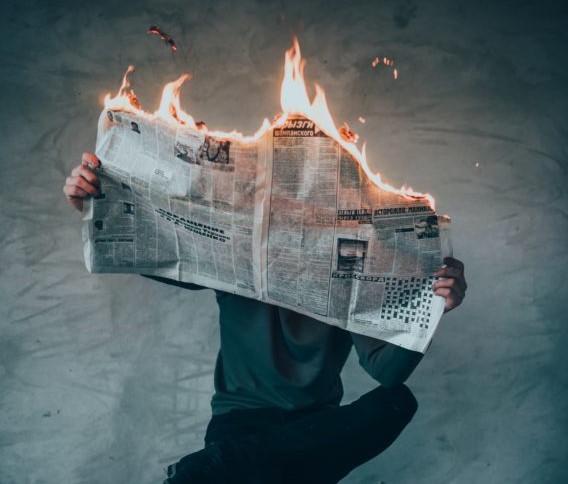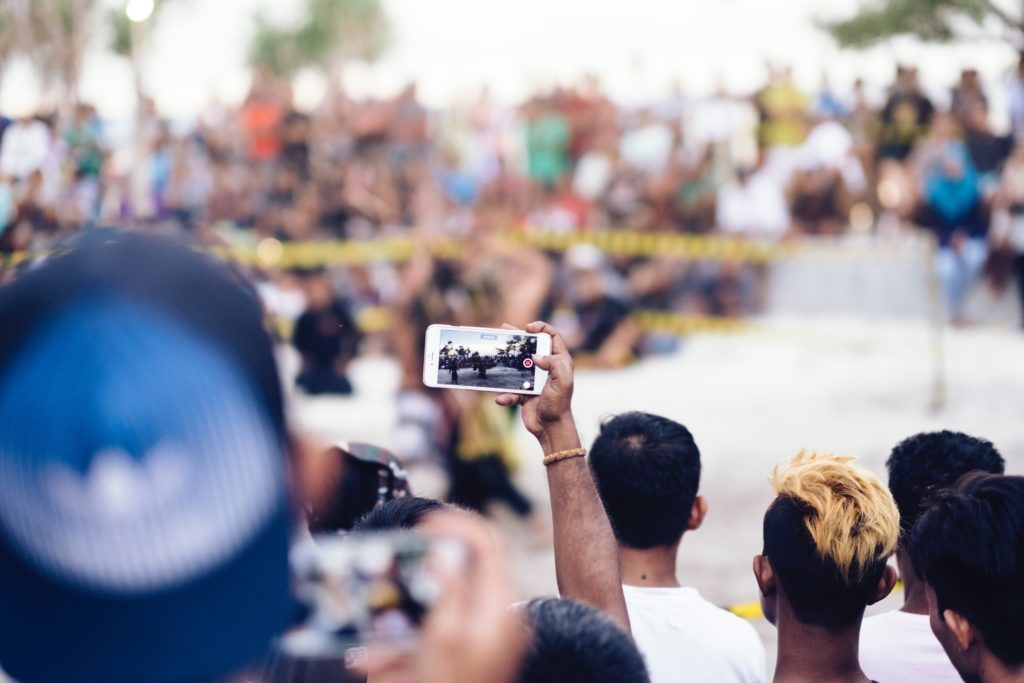Politics April 14, 2020
A look back at how social media did as much work as regular news stations in 2019.


Twitter, Facebook, Instagram, and Snapchat, all very different platforms for sharing our lives and interests. Yet, it has also become the very source of bringing awareness to the masses. Have these four powerhouses become the very last beacon of hope for those who desperately need it? Here is a look back at three examples of times when social media had an influence on the masses in 2019.
According to a CNN article, Mohamed Hashim Mattar, 26, was shot dead by the Sudanese Paramilitary Rapid Sources on June 3rd, 2019. This was during a crackdown on protestors. To honor Mattar’s death, Instagram users proposed to use a blue square in place of their profile picture. Soon this blue square became a trend that quickly took over Instagram.
Now, Why Does This Matter?
Sudan’s own government opened fire on innocent civilians during a holy celebration known as Eid al-Fitr, a festival celebrating the end of Ramadan. This event is now known as the “Khartoum Massacre.”
More than 100 casualties took place that same day and no one talked about it. No reports, no breaking news segments. Why? Something at this caliber should be all every news media. Well, this is because the Sudanese government instituted media blackouts in an attempt to shut down protest planning.
What Did Social Media Do?
Not only did they propose the blue square to honor Mattar, but many users started challenging their own followers. They used the stories function on Instagram to post actual articles from reliable sources, images and voiced their own opinions on the matter. This use of social media is becoming more frequent in a race quickly spread breaking news.

Brazil’s presidential race had no televised debates, instead it relied solely on social media. This allowed the now President, Jair Bolsonaro, to spread fear and lies through bots on Twitter, Facebook and WhatsApp. Since his opponent Fernando Haddad wasn’t getting enough exposure, people weren’t relating to him. Citizens of Brazil were becoming overwhelmed with what Bolsonao was feeding them.
Brazil’s Own Version of Trump Won The Race
In this case, Bolsonario won the campaign, many weren’t too happy about this. Bolsonario has been known for making vile comments about women and the LGBTQ+ community. The chilling thought about how much social media really influences the mind of the masses is starting to become more apparent to leaders.
Social media isn’t just being used to take aesthetic pictures or share relatable memes anymore; it is now being used to boost approval ratings.
One million people came out to protest the newly proposed extradition law according to an article written in the New York Times. This protest turned violent when police began to fire rubber bullets, teargas and eventually physically attacked the protestors. Many had to be hospitalized.
Among all the violence came one causality, which sparked people to share the video footage they had of the violence caused by the police. This footage spread so quickly that the next day two million protestors flooded the streets of Hong Kong. They showed that they will not be silenced. This forced Carrie Lam, the city leader, to suspend the bill.


Well, yes. While it may have some negative aspects, the positives overpower it. The world is being informed on issues in Sudan or Hong Kong which may not be reported on traditional news outlets. Without this kind of media attention, political leaders will have the means and freedom to deal with their citizens the way they want to.
While the world is keeping an eye on these leaders, they are also able to see two sides to a story. Social media is a platform for everyone to express their opinions and to share their own version of the truth. We may not agree with everything that is out there; it forces us to challenge our own minds and make the decisions that we want to make.
It is important to look back on these three examples from last year and think critically about social media and its influence on the masses. Seeing as it is a presidential election year here in the United States, there will surely be many more examples to round up at the end of 2020.